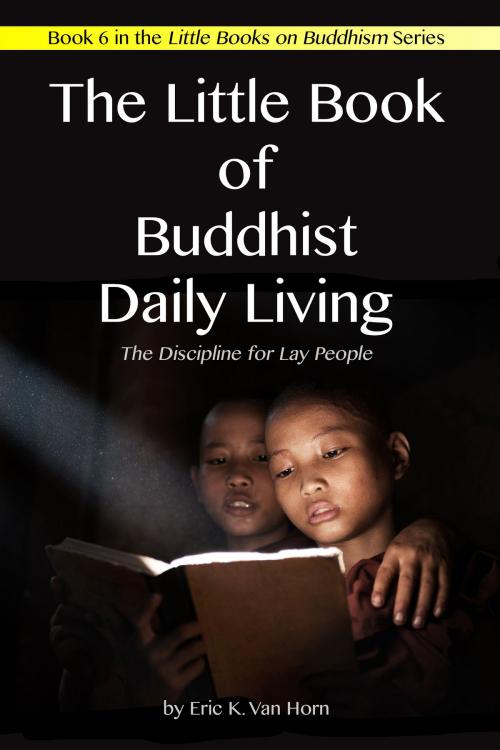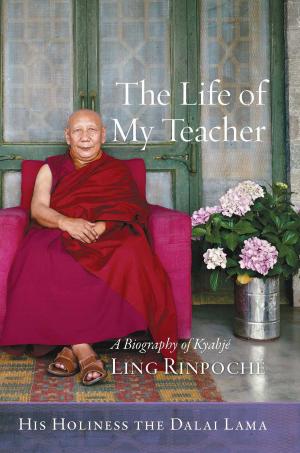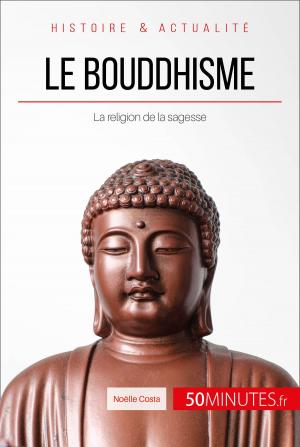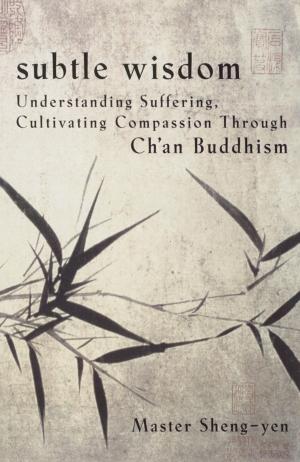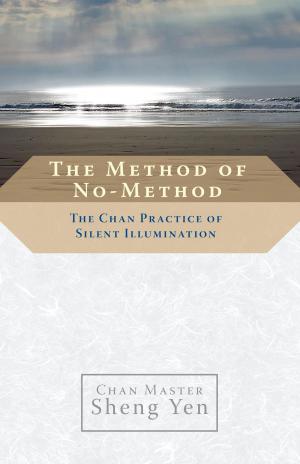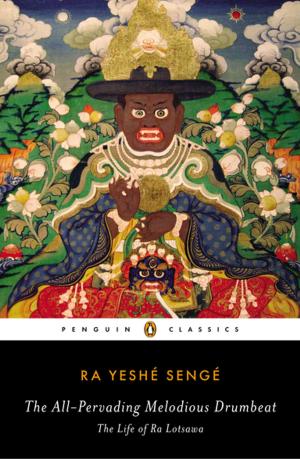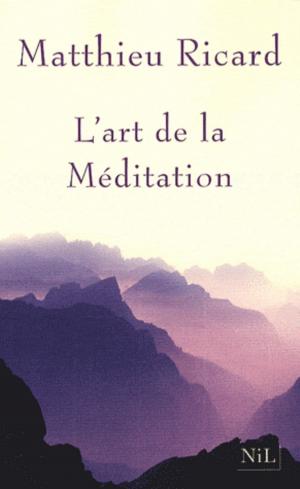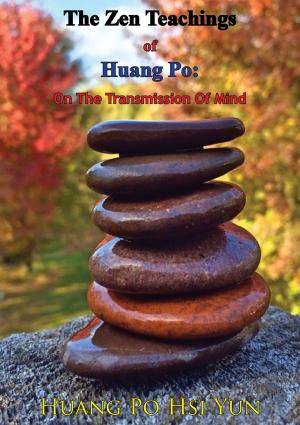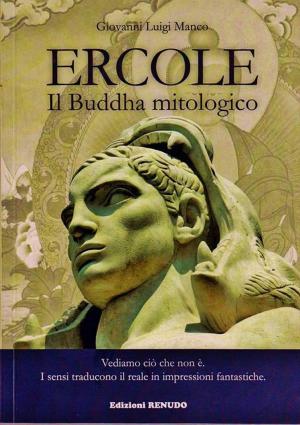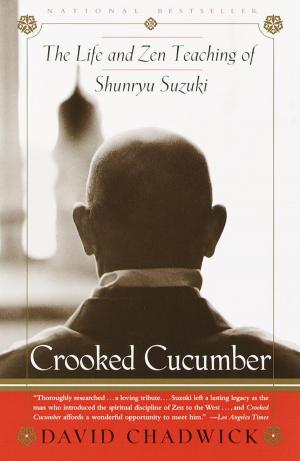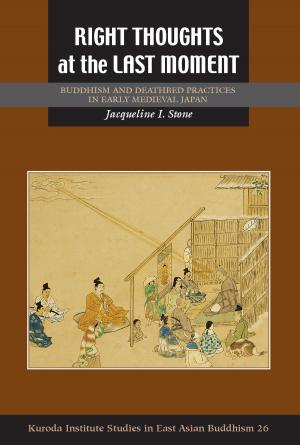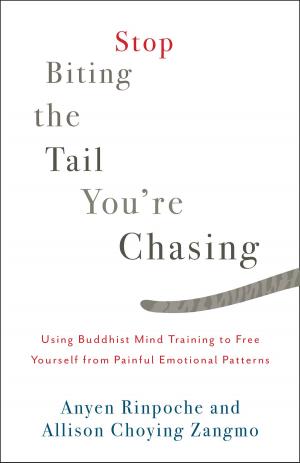The Little Book of Buddhist Daily Living
Nonfiction, Religion & Spirituality, Eastern Religions, Buddhism| Author: | Eric Van Horn | ISBN: | 9781370280407 |
| Publisher: | Eric Van Horn | Publication: | November 8, 2016 |
| Imprint: | Smashwords Edition | Language: | English |
| Author: | Eric Van Horn |
| ISBN: | 9781370280407 |
| Publisher: | Eric Van Horn |
| Publication: | November 8, 2016 |
| Imprint: | Smashwords Edition |
| Language: | English |
One of the great challenges for Western Buddhists is how to take a meditation practice and bring it into daily living. Monks and nuns have every aspect of their lives governed by the monastic code, the Vinaya. This makes their lives simpler. The monastic life is optimized for developing the path.
In Asia, traditionally lay Buddhists do not meditate. They followed the Five Ethical Precepts, practice generosity by supporting the monastic Saṇgha, and they go to the temple or monastery on Uposatha Days.
But in the West we have a mode of practice that lies somewhere between the monastic model and the Asian lay model. Western Buddhists are mainly lay people. But we do meditate, and we aspire to many of the life ideals of monks and nuns.
The Little Book of Buddhist Daily Living has discussions on various aspects of life, such as work, caring for our bodies and minds, working with difficult people, how we relate to money, eating, consumption, speech, politics, community, and death. This book also stresses important qualities to cultivate such as kindness, patience, and simplicity.
There is also a look at the Sigālaka Sutta: Advice to Lay People, where the Buddha discusses good friendship, our relationships to parents, spouses, children, and the community of monks and nuns.
The goal is to make Buddhist living a part of every moment of every day. In this way we cultivate the path, becoming happier, more skillful people in the world.
One of the great challenges for Western Buddhists is how to take a meditation practice and bring it into daily living. Monks and nuns have every aspect of their lives governed by the monastic code, the Vinaya. This makes their lives simpler. The monastic life is optimized for developing the path.
In Asia, traditionally lay Buddhists do not meditate. They followed the Five Ethical Precepts, practice generosity by supporting the monastic Saṇgha, and they go to the temple or monastery on Uposatha Days.
But in the West we have a mode of practice that lies somewhere between the monastic model and the Asian lay model. Western Buddhists are mainly lay people. But we do meditate, and we aspire to many of the life ideals of monks and nuns.
The Little Book of Buddhist Daily Living has discussions on various aspects of life, such as work, caring for our bodies and minds, working with difficult people, how we relate to money, eating, consumption, speech, politics, community, and death. This book also stresses important qualities to cultivate such as kindness, patience, and simplicity.
There is also a look at the Sigālaka Sutta: Advice to Lay People, where the Buddha discusses good friendship, our relationships to parents, spouses, children, and the community of monks and nuns.
The goal is to make Buddhist living a part of every moment of every day. In this way we cultivate the path, becoming happier, more skillful people in the world.
